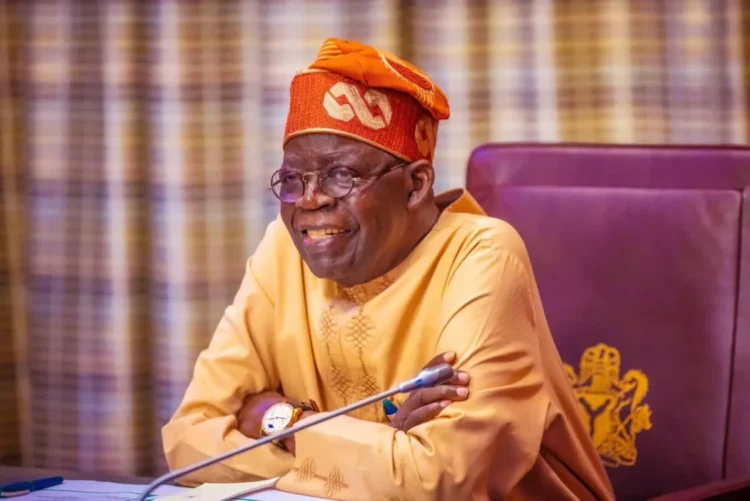President Bola Tinubu assumed office on May 29th, 2023, pledging to tackle the country’s security concerns and implement economic reforms. These reforms included removing fuel subsidies and unifying foreign exchange rates.
While some initiatives have shown promise, such as the foreign exchange reforms boosting investor confidence and the Presidential Compressed Natural Gas (CNG) initiative aimed at reducing fuel dependence, many policies remain plagued by challenges.
However, Nigeria continues to grapple with rising inflation, unemployment, and poverty. The amendment of the electricity law and student loan law shows potential, but issues like ongoing refinery non-functionality and persistent insecurity continue to burden Nigerians.
The Armed Conflict Location & Event Data Project (ACLED) revealed that between May 29th, 2023, and May 11th, 2024, all six geopolitical zones of Nigeria, including the Federal Capital Territory (FCT), Abuja, experienced a wave of violence. This resulted in over 4,556 deaths and a staggering 7,086 kidnappings.
The Nigerian Labour Congress (NLC) has been urging the government to pay a minimum wage, yet to date, the federal government has not done anything about this and this is despite the removal of subsidy on petrol which has led to high inflationary rate in the country.






